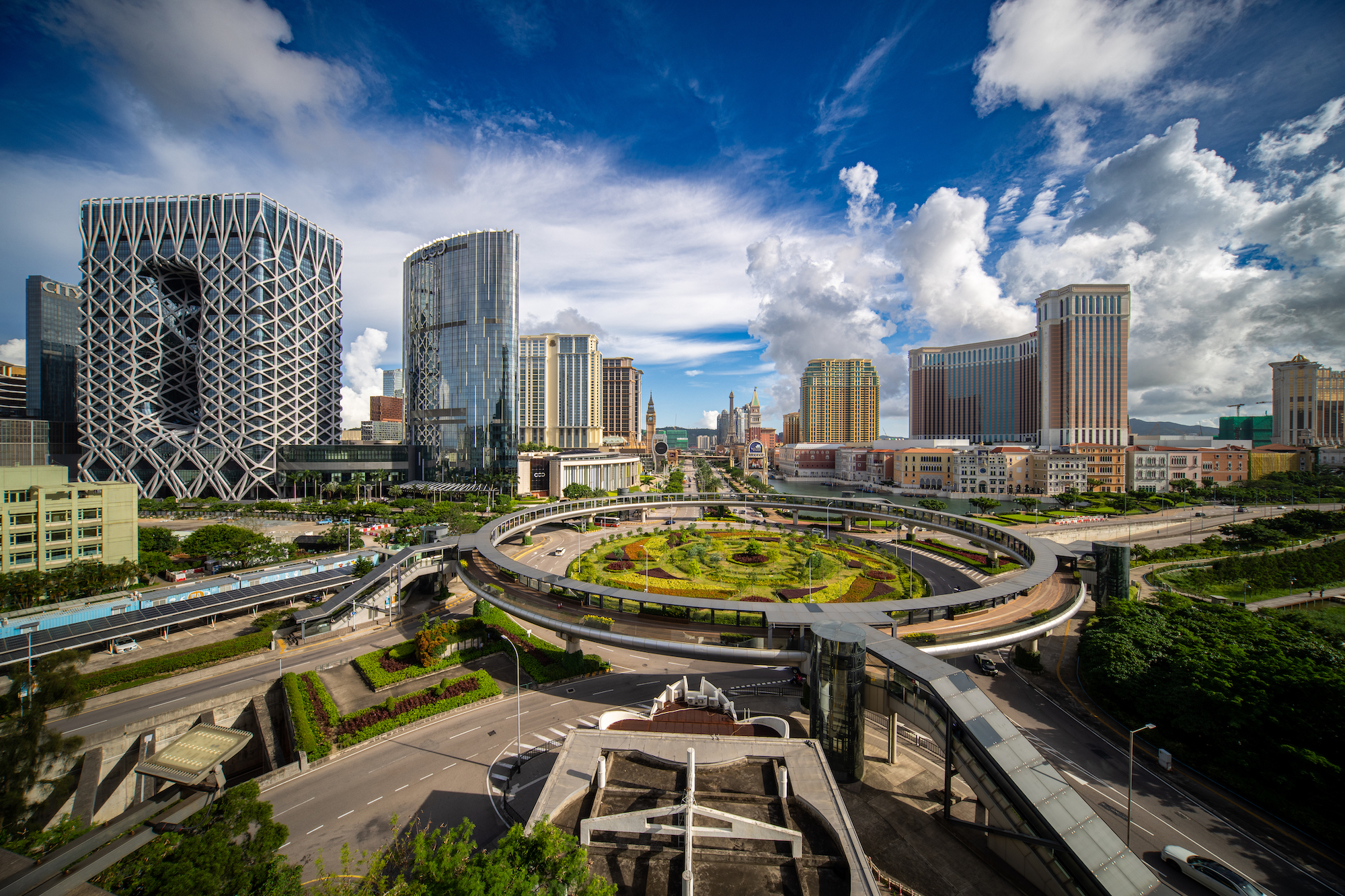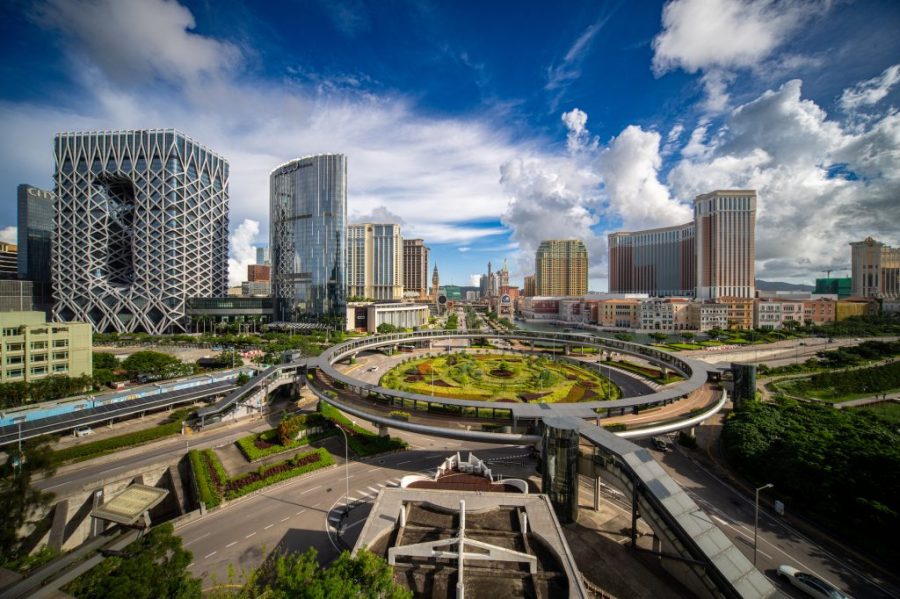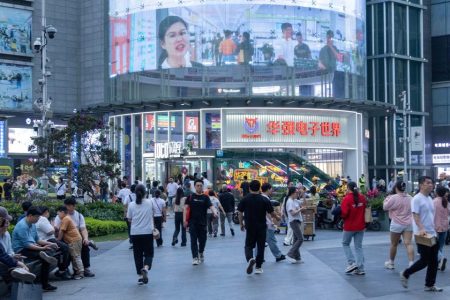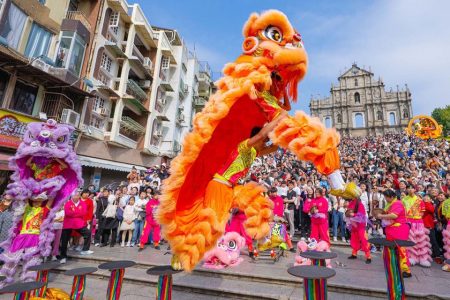Last updated 7:45 am on 29 July 2022
The long-awaited public tender to award six gaming concessions – which will have a decisive effect on Macao’s economic future – is being launched today.
All interested parties must submit their bids no later than 5:45 pm on 14 September with a security deposit of at least MOP 10 million (US$1.25 million). New concessions will be effective for operations starting 1 January 2023. Twenty years ago, bidders were given just 33 days to submit their proposals.
After September, the newly-formed gaming commission will evaluate the proposals, after which the commission and the bidding groups will go through a phase of negotiations expected to run until the end of the year.
Secretary for Administration and Justice André Cheong Weng Chon said the government hopes the new concessions will increase Macao’s non-gaming entertainment sectors and attract more international visitors.
“I believe the current [entry] restrictions on foreigners [who want] to visit Macao will end before the end of year. This means when the new concessions start in 2023 [Macao] will be ready [for international visitors]. And with tourism recovery, it will be possible to implement the new plan to have more international visitors in the gaming sector,” he said.
The concessionaires will need to participate in Macao’s economic diversification with more non-gaming elements while also promoting the development of small and medium enterprises. The new contracts will stress that the new operators must have social responsibility in their activities.
Cheong pointed out that one of the biggest problems with the gaming industry is that the customer base is too homogeneous and the structure is considered “unhealthy”, so the tender will focus strongly on the non-gaming elements of the bidders’ proposals and on helping local small and medium enterprises to develop.
The amended gaming law, which was promulgated earlier this summer, stipulates that a financial incentive will be offered to those gaming companies that attract more overseas gamblers by reducing their 5 per cent levy on their gross gaming revenue for supporting social welfare, urban development and similar schemes in Macao, while in the previous law, the levy stood at 4 per cent of gross gaming revenue.
Cheong underlined that this does not mean that the government has to wait until the new gaming concessions are granted to open up the overseas market, but rather that it depends on the government’s Covid-19 prevention and control measure and the pandemic’s development.
Acknowledging that no one can predict when the pandemic will end, Cheong said he believes it will “eventually pass” and that the government will continue to look for more measures to enable society to “return to normal”.
The new six gaming concessions will be issued with the term capped at 10 years only, as stated in the newly-approved gaming law – a contrast from the current concessions’ 20-year term. However, Cheong said this does not mean that all six concessions will be issued.
The city’s current three gaming concessionaires (SJM Resorts, Galaxy Macau and Wynn Macau) and three sub-concessionaires (The Venetian Macau, MGM China and Melco Resorts) will expire by the end of this year.
The pandemic does not affect the tender or the number of companies who are interested in bidding, according to Cheong. “We have been preparing the legislation [for the tender] for the last two years. With the current pandemic situation getting better we are sure that [Macao’s] tourism will return to the previous [pre-pandemic] situation and bring Macao back to its status as a city of entertainment and leisure,” he said.






